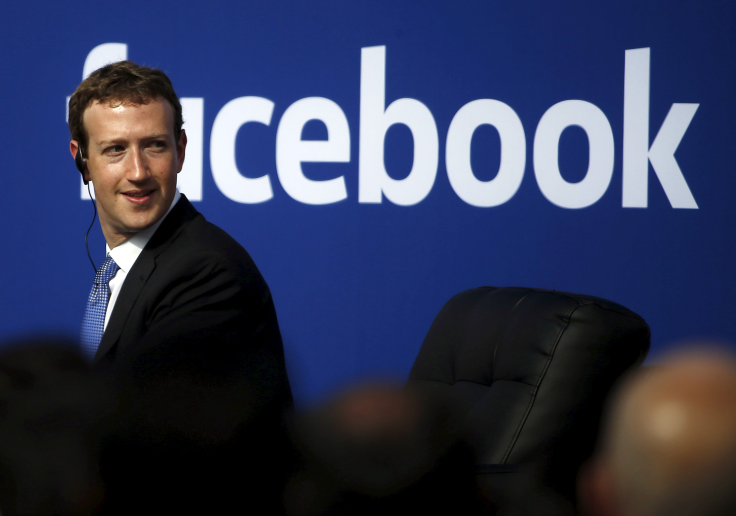Apple, Facebook, Netflix and Uber CEOs express dismay over Trump’s immigration ban

Chief executive officers of Apple, Facebook, Netflix and Uber have uttered disappointment over US President Donald Trump's executive order on immigration ban. Some of the largest technology companies in the United States are not in favour of the travel ban, which Trump has signed earlier this month. The immigration ban against citizens from seven countries is hurting these companies’ employees, especially given that visas are widely used by the workforces in these companies.
In a memo to his employees, Apple CEO Tim Cook said he shares the same concerns about the new immigration order. “It is not a policy we support,” he wrote.
Cook has also mentioned that they have already reached out to the White House to explain the off-putting effects of the executive order on immigration, also known as “extreme vetting,” on their employees and company. He did not publicly mention how the ban specifically affects employees.
Facebook founder Mark Zuckerberg is also affected by the immigration ban. A spokesperson for the company said they are determining the impact of the order on their employees. “We are determining how best to protect our people and their families from any adverse effects,” a spokesperson for Facebook Canada has shared through a statement to CBC News.
Meanwhile, the chief executive of Netflix Reed Hastings took to Facebook to admit that Trump’s actions are hurting the company’s employees around the world. He has described the president’s move as un-American. “Worse, these actions will make America less safe (through hatred and loss of allies) rather than more safe,” Hastings exclaimed.
Ride-hailing service Uber is in hot water too. CEO Travis Kalanick said in a Facebook post that the 90-day ban pains thousands of Uber drivers. Kalanick has plans to raise the issue with Trump.
The executive order on immigration titled “Protecting the Nation from Foreign Terrorist Entry to the United States” closes down the arrival of refugees into the United States for 120 days. It also bans citizens of Iraq, Iran, Sudan, Libya, Somalia and Yemen into the US for 90 days.
In its text, the order aims to “protect the United States from foreign nationals entering from countries compromised by terrorism” and implement “a more rigorous vetting process.” But a more rigorous vetting process has only started. A White House official revealed Jan. 27 that the veto on seven Muslim-majority countries is likely just a first step toward setting up a larger ban to keep America safe.
Based on statistics of green card holders in the last decade, there are up to 500,000 legal permanent residents of the US might be affected by Trump's immigration ban, said Vox. Chief of staff Reince Priebus said green card holders are allowed back in the US, but they will be subjected to “more questioning” by US Customs and Border Patrol agents.





















